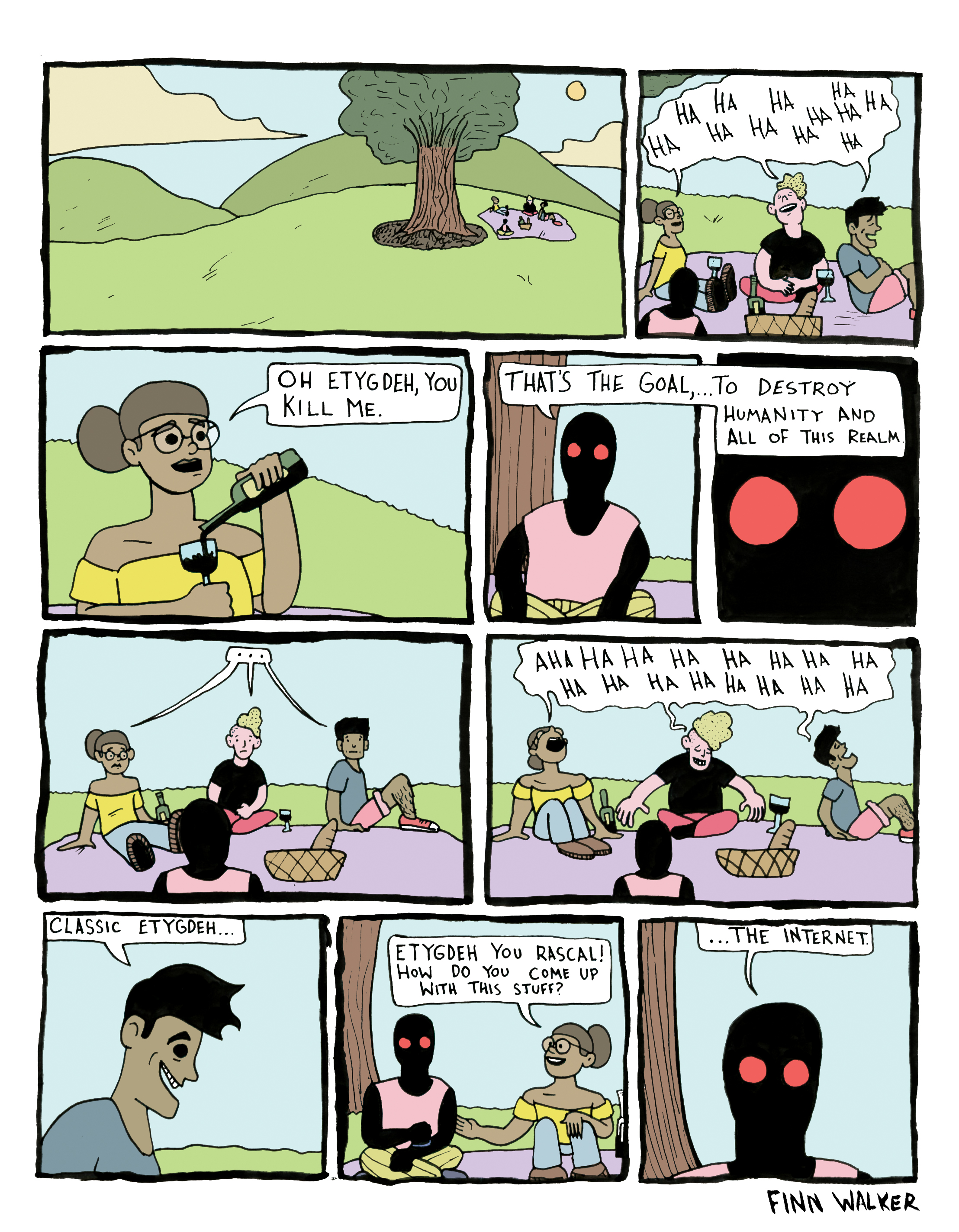
Chicago Teachers Union plans and prepares for October strike
The Chicago Teachers Union (CTU) voted to authorize a walk-out on Oct. 17 if Mayor Lori Lightfoot and Chicago Public Schools (CPS) don’t meet the union’s demands surrounding class sizes, salaries of clerks and teachers’ aides, payment for class prep time, and several other areas of concern. Lightfoot has expressed her commitment to reaching a compromise with the CTU in order to prevent a walk-out, but the union wants their demands in writing.
More recently, Lightfoot declared that, in the event of a strike, days of missed class will not be made up this school year.
The 25,000 member CTU will join forces with over 7,000 members from Service Employees International Union, Local 73, which includes Chicago Park District workers, bus aides, custodians, and special education classroom assistants for a program called Art Build. From Oct. 4 through Oct. 6, the unions hosted a public event with the Art Build Workers, a group of six Milwaukee-based artists, designers, and educators that travels around the country helping teachers’ unions and their supporters make banners and signs for strikes and rallies.
At the end of September, Vermont Senator and 2020 Democratic presidential candidate Bernie Sanders joined the CTU to support and rally around its vote for the strike. According to a Chicago Sun-Times and ABC7 poll, 49% of Chicagoans support the strike, with 38% “strongly opposed.”
In January of 2019, Lake Research Partners conducted a poll of Chicagoans who were likely to vote in the February mayoral election, and found that 62 percent of the population surveyed found the CTU’s policies favorable over those of CPS and the Chicago Board of Education.
Lightfoot and City Council offer relief to Chicago motorists with debt from sticker tickets
Chicago City Hall announced that it will give motorists with parking ticket debt an opportunity to relieve much of their debt by offering reduced-fee vehicle stickers and the chance to get up to three of their tickets forgiven.
Chicago’s ticket debt system has a history of hurting specifically black vehicle owners living in low-income neighborhoods, according to a ProPublica Illinois study completed this year. Once a single motorist’s fines accumulate to upwards of $3,000, the city starts enacting disciplinary measures like impounding their vehicle and suspending their driver’s license. For motorists who are struggling to make ends meet, paying off these tickets isn’t typically feasible, so many are forced to file for bankruptcy just to maintain their commute and livelihood. Of the 10 Chicago zip codes with the most accumulated ticket debt, eight are majority black neighborhoods.
The reforms will include cutting late fees for city sticker tickets — which can currently more than double the cost of a $200 ticket — and ending all efforts to seek license suspension for drivers with unpaid tickets. With proof of financial hardship, some motorists will be given the opportunity to have all of their city sticker ticket debt forgiven.
Immigration and Customs Enforcement ‘baits’ Chicago Police Department into raids
On Sept. 24, Chicago Police Department (CPD) received a 911 call from Department of Homeland Security (DHS) workers serving a warrant in the Back of the Yards neighborhood, according to Block Club Chicago. Mayor Lightfoot called the phone call a “bait call.”
According to Back of the Yards’ Alderman Raymond Lopez, Immigration and Customs Enforcement (ICE) agents “manipulated” CPD officers into responding to the scene, which conflicts with Chicago’s status as a sanctuary city for immigrants living and working in the community.
The raid in Back of the Yards happened the same week that ICE arrested five out of eight employees at a pizzeria on the Southeast side, which forced the small business to close its doors. According to Los Brown Berets Chicago Captain Claudia Sandoval, one of the employees had been working at the pizzeria for over a decade.
Not much more than a month after she assumed office, Mayor Lightfoot addressed impending ICE raids by stating that CPD would resist federal requests for police data about Chicago residents. The DHS and its affiliated agencies, however, may still have access to some of these databases that inform the raid process.
Hundreds of Extinction Rebellion activists are arrested, from Europe to Australia
According to BBC, 100 people protesting on behalf of Extinction Rebellion were arrested in Amsterdam after occupying the Dutch national museum with a tent camp, 30 were charged in Sydney while blocking a main road, and over 200 have been detained in London amidst acts of protest including overnight camping, and activists chaining and gluing themselves to vehicles.
Extinction Rebellion, an international climate activism group that calls their work, “non-violent civil disobedience,” has organized several protests around the globe from Oct. 7 and onward through November, and respective governments are meeting activists with arrests and criminal charges.
Founded in 2018 in the U.K., Extinction Rebellion’s organization rapidly expanded to establish chapters in cities around the globe, calling on respective national governments to acknowledge a state of emergency in regards to the ecological crisis. The Chicago chapter of Extinction Rebellion will be hosting several events in the upcoming weeks and months. For more information, visit https://xrchicago.org/.
Some editorial comments about the impeachment vortex
In the past few weeks, accusations and impeachment proceedings against President Donald Trump have evolved into an information tornado, ripping across the media landscape. From phone call transcripts generated by voice recognition software to the quid pro quo group chat, we’re in the midst of a web with intersecting strands of minutiae and major movements in the House of Representatives.
Major news outlets have inundated us with this minutiae in the initial phone calls and intricacies in diplomatic relationships, elongating the past three weeks with relentlessly breaking stories that, for the layperson, get lost in this oversaturation. I want to emphasize that the collective importance of these individual stories lie in how they serve development of deeper investigation and impeachment inquiry into specific articles of impeachment, or laws that a given official has broken.
At this point in the process, testimonials from witnesses are crucial. The State Department, under pressure from the White House, initially asked witnesses (involved in both the aforementioned text conversation and relations with Ukraine) not to testify before the House Intelligence Committee, which is the next step in House Speaker Nancy Pelosi’s impeachment inquiry process.
At this point, the inquiry isn’t entirely formal. Pelosi is pushing forward without asking the House to vote on the proceedings, a move that could speed up the process. By blocking witnesses from testifying, the White House intends to slow this process down, but some of these witnesses (at this point, both former Ambassador to Ukraine, and current Ambassador to the European Union) are opting to testify despite White House attempts to stop them.
This seems to be the pattern so far: media releases information, White House denies it, Pelosi acts on information, White House resists it, and so forth. With so much incriminating evidence, it feels like we’re just waiting for a straw to break the camel’s back.
Moving forward, I don’t want to be redundant, nor do I want to simply aggregate information from media outlets with White House correspondents. Even the ones who know what’s going on are scrambling to know more. As a public, our role might lie in preventing confusion from transforming into futility and apathy.







